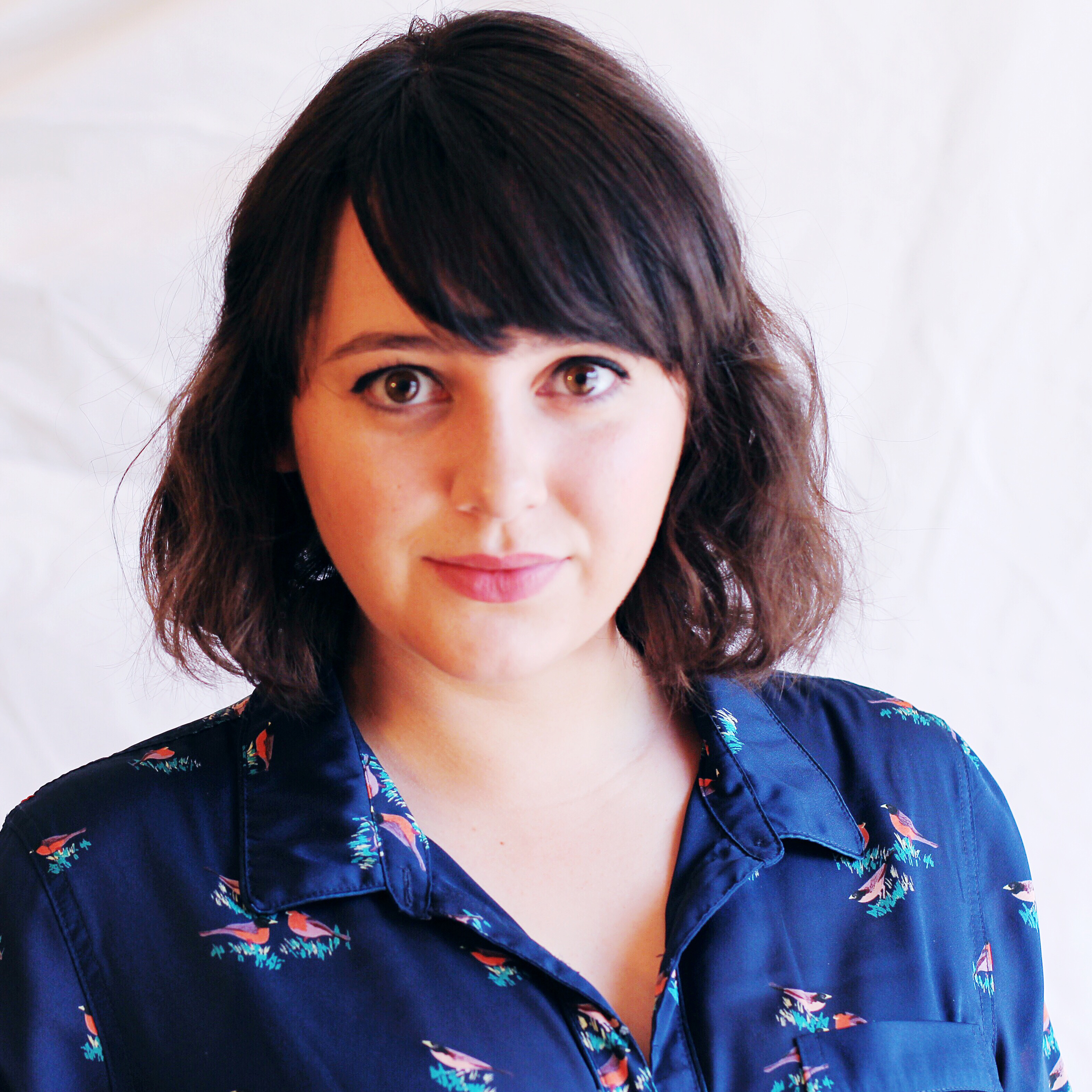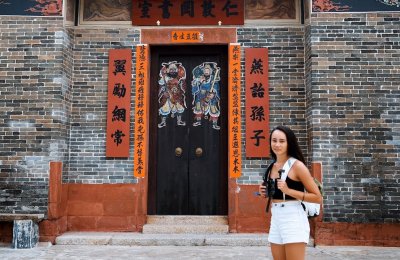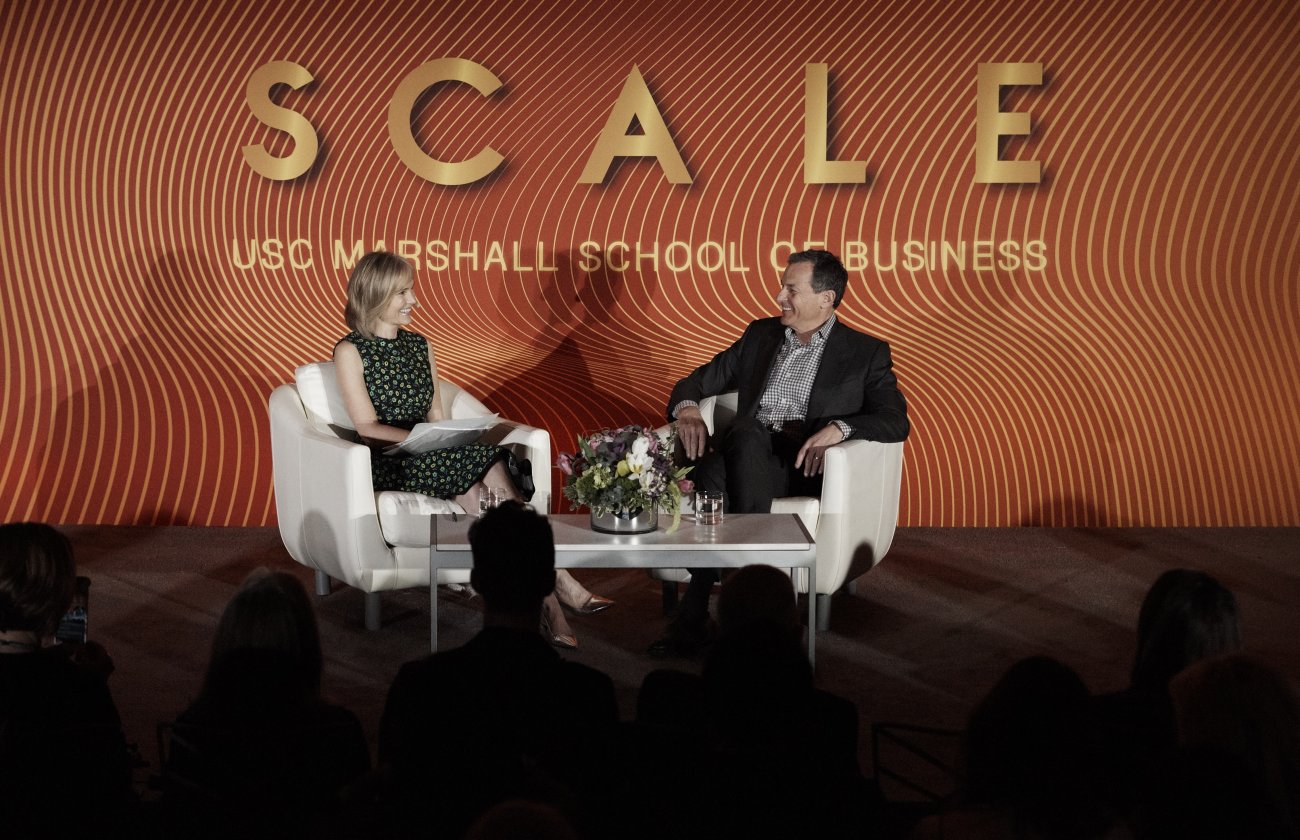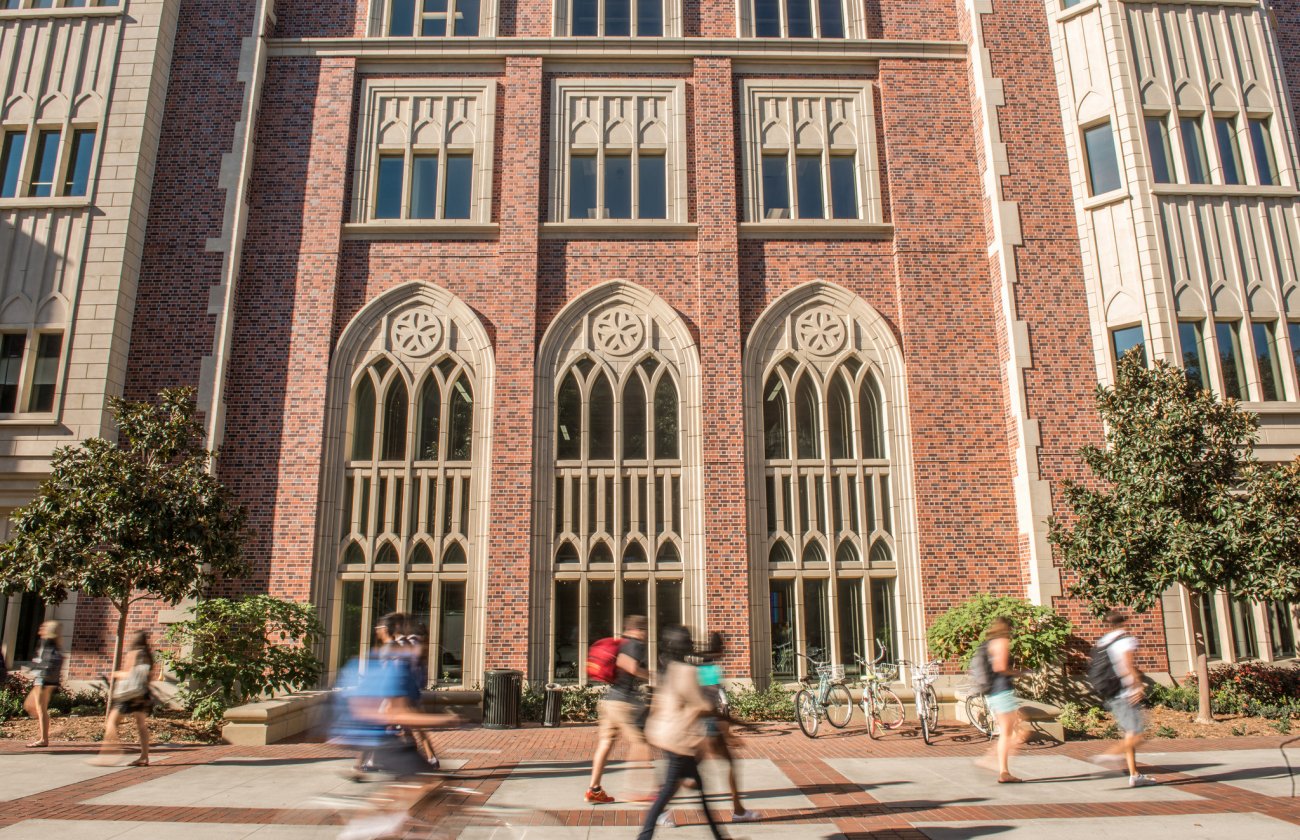A cohort of leadership, faculty, and staff from USC Annenberg has traveled to China for a series of events and to help lead USC’s Global Conference 2015. The trip is part of a larger relationship between USC Annenberg and China. From global partnerships to academic research, the school is continuing to broaden its perspective on communication and journalism abroad.
“As a sign of our longstanding and future commitments to working closely with China, we are happy to announce the following activities in two of China’s leading cities,” Dean Ernest J. Wilson III said. “These reflect our broad and sustentative interest and our equally broad partnerships with the private sector, with universities, with non-profits and with government agencies.”
The eight events in China include conversations on digital journalism, Chinese entertainment, and more. Begining Saturday, Oct. 24, is a keynote address by Vice Dean Philip Seib at a conference marking the 60th anniversary of Renmin University's School of Journalism and Communication in Beijing. Seib will also speak to journalism and public diplomacy classes at the school.
On Oct. 25, a three-day executive education course on strategic communication led by USC faculty begins in Beijing. In partnership with the China Development Research Foundation, the faculty — including Wilson and professors Rebecca Weintraub, Jay Wang, Tom Hollihan and Patricia Riley — will lead an intensive seminar for 45 top Chinese officials. The sessions will include having the officials review the handling of specific cases, with topics ranging from narrative storytelling to crisis communication.
The U.S.-China Institute is hosting a special luncheon in Shanghai on Thursday, Oct. 29, focusing on the United States, China and Taiwan. Director of the Institute, Clayton Dube, said the event will include a scholarly discussion and highlights from the “Assignment: China” documentary series on the work of journalists in China from 1940s to today.
Shanghai’s influence on the world stage makes the city an ideal location for USC’s Global Conference 2015. USC has long been at the forefront of innovation in many sectors, and the Global Conference is an opportunity for the university to connect with global leaders to examine cutting-edge innovations that are already changing the world and the opportunities they present for the future. President C. L. Max Nikias is joined by a number of the university's leadership, including Provost Michael Quick, who is co-chair for the conference.
“Shanghai is the economic heart of the world’s second largest economy, the most dynamic economy,” Dube said. “It’s where all American companies are going to try to seize that enormous market that exists, that enormous market where there’s more buying power than the past.”
Industry leaders are gathering in the city to celebrate USC’s cutting-edge collaborations in China. USC Annenberg is participating in a number of events during the Global Conference, including a panel moderated by Wilson on “Innovation and Entertainment in Hollywood and China,” featuring John Zhao, the CEO and founder of private-equity firm Hony Capital who sits on USC Annenberg’s Board of Councilors.
Wilson, who is leading USC Annenberg’s traveling contingent, has noted the global move toward communication as the core of industry.
“As a school of Communication and Journalism, we recognize that the world is moving from an industrial model to a model where communication is at the center,” Wilson said. “In response to growing interest in the work that we do — teaching, research and service — USC Annenberg is able to share its own knowledge and experiences with those in China. And it is equally important that we learn from them.”
Director of the School of Journalism, Willow Bay, will lead a keynote conversation with Robert Iger, chairmman and CEO of the Walt Disney Company, at the Global Conference on Friday, Oct. 30. Iger has previously visited USC Annenberg to speak with students about the future of digital media.
On Nov. 1, USC Annenberg hosts “Mapping the Future of Entertainment,” a separate event featuring representatives from Jiao Tong University. The event will showcase USC Annenberg’s new partnership with Jiao Tong, which will support USC Annenberg research while USC Annenberg faculty members guest lecture at the university in China.
“USC Annenberg has been steadily increasing its focus on China over many years,” professor Hollihan said. “That the USC US-China Institute is now housed within the Annenberg School evidences our commitment to China and also the unique role that the school plays in the university as the primary home for China-focused research efforts.”
Dube expanded on this topic, noting the many Chinese students who attend USC — now the largest contingent of foreign students at the university.
Given the cultural diversity of USC and global communication — and industry as a whole — combined with the ability to connect across the globe in this digital age, Dube said that cultural fluency is increasingly important.
“One of the challenges, frankly, is we have to increase the number of Americans who are culturally fluent, not just with regards to China but a whole host of places,” Dube said.
The week’s events in China is just a small part of this overarching goal to better educate and communicate. Dube noted there will be increasingly more opportunities for students who can work across geographic and cultural values.
Students already have a host of opportunities to work more closely with China-focused programs at USC Annenberg, from spending a semester in Hong Kong to on-campus research projects.
“USC Annenberg’s commitment to China is also seen in the number of China-focused faculty it has hired in recent years, its embrace obviously of the U.S.-China Institute,” Dube said. “But also, working in the very highest levels with top partners to try to positively impact the complex and very important U.S.-China relationship.”
“We’re training the next generation of Chinese journalists, people working in public relations, people managing media companies,” Dube continued. “We’re very much involved in that both at USC and in partnership in [China].”
Top image of Shanghai, China is courtesy of Peter Winter (Master of Public Diplomacy '10).










